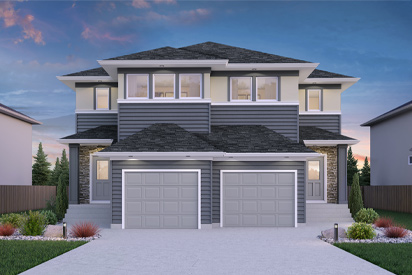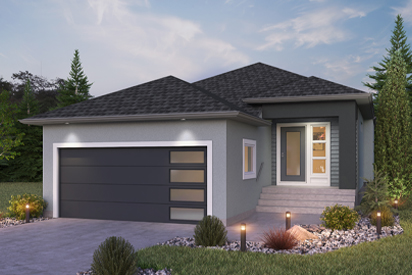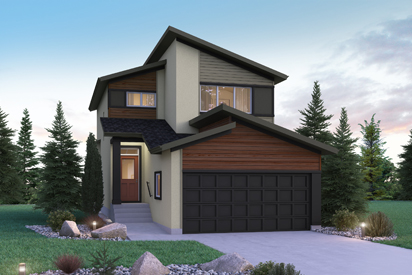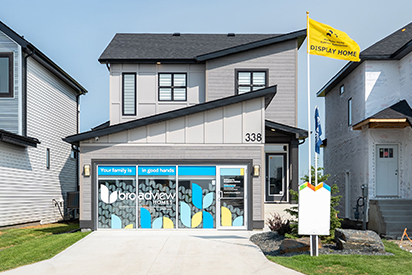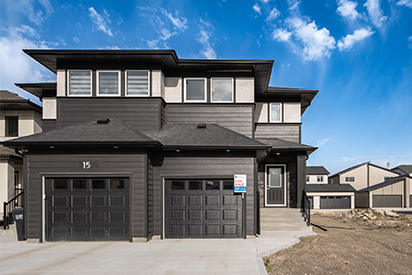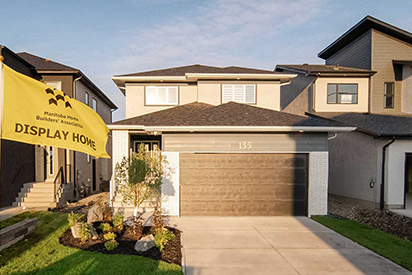The Pros and Cons of a Buyers Market

 A “buyers’ market” exists when there are more available homes on the market than there are willing buyers. During times like this, buyers are often able to be picky about the homes they choose, and they don’t necessarily have to act quickly in order to get the home they want.
A “buyers’ market” exists when there are more available homes on the market than there are willing buyers. During times like this, buyers are often able to be picky about the homes they choose, and they don’t necessarily have to act quickly in order to get the home they want.
As you’ll see from our list of pros and cons, this type of market will work well if you’re trying to buy a home, but it can be hard if you’re trying to sell at the same time. Be ready to take advantage of the positives while preparing for the negatives.
 Pro: Better Prices for Buyers
Pro: Better Prices for Buyers
Probably the most obvious benefit of a buyers’ market is lower prices for buyers. Sellers know that if a home is overpriced, potential buyers will simply move on to a place that’s more reasonably priced.
Surprisingly, even brand-new homes can have better prices during a buyers’ market. Builders tend to realize that they have to keep their prices affordable when buyers can get good deals on resale homes. Even when the cost of building the home goes up, a builder may choose a lower profit margin to be able to sell the home.
 Con: Harder to Sell Your Home
Con: Harder to Sell Your Home
Those who are trying to sell homes have a lot of competition, though. There might be five other similar homes in the neighbourhood for sale, so you have to work hard to make your home stand out. What does this mean in practical terms? It means you should expect your home to take a bit longer to sell. If you’re trying to time the sale of your current home with a particular move-in date on your new home, consider listing it earlier.
Pro: Availability of Builder Incentives
Building a new home can be expensive, especially once you start adding in extras like a patio out back, stainless steel appliances, or upgraded materials in the build. In a buyers’ market, builders sometimes attract buyers by offering some incentives.
Usually, these are things like free upgrades to the home, though you can sometimes find incentives that relate to property taxes and other fees that come with a home purchase.
When evaluating these incentives, make sure the builder is offering you something that you were already thinking of buying. Free granite counters might be nice, but if you were already happy with a less expensive material, the granite isn’t the best deal for you. Look for something that’s more useful for your lifestyle.
Con: Buyers Looking for Incentives on Resale Homes
On the flip side, you also see people looking for “incentives” on resale homes in the form of conditions that come with their offers. For instance, buyers might ask you to cover the closing costs on the sale, make minor repairs before they finalize the purchase, or give them a discount to cover the cost of a major problem that comes up in the inspection. If you don’t have a lot of offers on the table, you may need to concede to their wishes.
 Pro: Get a Brand-New Home Without the Wait
Pro: Get a Brand-New Home Without the Wait
Not everyone realizes that you don’t have to wait a long time to get a brand-new home. Builders often build spec homes because they know that a certain percentage of buyers prefers this style. These homes are based on popular floor plans and may include many of the popular upgrades, such as quartz countertops, vinyl plank flooring, and a spa-like ensuite in the master bedroom.
During a buyers’ market, you'll find even more of these move-in ready homes available. If you don’t care much about the little design details, this is a convenient way to go. And in some cases, you are still able to make a few design changes to these types of homes as well.
Con: Worrying About Carrying Two Mortgages
If you’re buying a new home, you’re probably trying to time your move and the sale of your current home to avoid having two mortgages for a long time. This is difficult to do even in the best of times. Starting a new home build will require you to secure a mortgage, but you have options. A completion mortgage gives you more flexibility because you won't start paying the mortgage until you close on the home.
However, in a buyers’ market, there’s no guarantee of a quick sale on the current home. You may need to hold onto that first mortgage longer than you planned. Having a bit of extra cash in the savings account makes this a bit easier. Another option is to get a bridge loan to cover the gap between the time you move into your new home until you sell your old one.
A buyers’ market can offer a lot of advantages to you in the new home market, but if you need to sell first, there are some important considerations you'll want to make. Good builders and real estate agents will help answer your questions and ensure the process goes smoothly for you.




